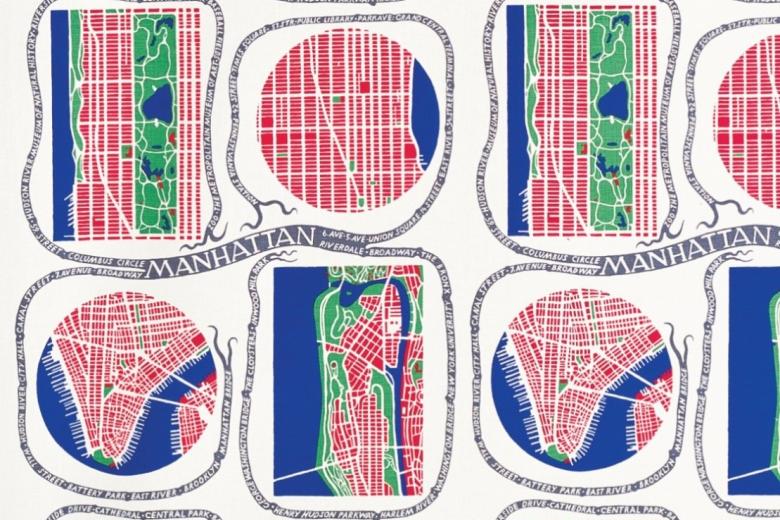The social function of inventions: let “green patents” save the planet
We are currently not only in the middle of the 4th Industrial Revolution but also on the midst of global climate change. With the on-going issues surrounding climate change, the world of IP is also evidently affected by it. Companies are fostering innovation by coming up with new technology which is more sustainable towards the environment, making sure that the human species can survive longer on this planet and in co-existence with the rest of the planet.
During the 2nd event of the 19th EIPIN Congress the social function of intellectual property rights was the focal point of all the panels. Although in those conferences the social perspective appeared in the context of IP enforcement in investment agreements, other sides of IP are also influenced by this function, i.e. bio-patents, health-related patents, renewable-energy patents, etc. These inventions provide for a better quality of society, especially in developing countries, which has been at the heart of most of the current debates.
In this context the so-called “green patents” are those patents related to the sustainability of the environment and to some extent to combat climate change -wind power, geothermal energy, biomass, etc.-. The incorporation of green innovation into business models as well as the increase in the number of green patent applications has been a top trend since the past 5 years (according to the WIPO). Industries linked to building constructions, transports, renewable energy, etc., choose now to work exclusively with the cutting-edge green tech. Responding to the social function brought by these patents, “green databases” are now available to diffuse the information about ownership, service providers, etc., and to bring the knowledge and enhancements in environment-friendly inventions closer to those that are interested in innovative solutions.
In spite of the ideal concept, function and implied purpose of green patents, some issues arise around their proper diffusion, hindering the process of completely exploiting the technology to the benefit of society, especially in terms of accessibility to technology. This is pointed out by developing countries, gathered in the G-77, which demand the expansion of the compulsory licensing system to green patents, so that they are able to overcome the high prices charged to green-patent-licences. On the contrary, many developed countries argue that the conditions for a compulsory licence are not met in the field of green patents: (i) they are neither a matter of “national emergency” (ii) nor being of “extreme urgency” (Art. 31b TRIPS). As in all debates surrounding compulsory licensing and patents it is necessary to balance access to technology without diminishing the interest of patentees to develop environment-friendly patents.
Green technology just like the field of life sciences carries the burden of not just promoting innovation but also impacting people on a global scale. For this reason coupled with the urgent need due to global climate change, new measures have to be taken. The current patent system does manage to achieve the goal of providing incentives for fostering innovation but it fails to take the social function into consideration, especially in case of green technology. Consequently, it can be argued that the current patent system fosters innovation in green technology but in a limiting way.
Green technology is not only inexhaustible but also a kind of technology where one cannot deprive the other from accessing it, and although this is evident, it is usually forgotten during business transactions. Financial backing plays an important role and companies choose to back technology that will get them more profit but fail to comply with the social function. However, since it has global impact, status of all countries needs to be taken into consideration while finding the best possible solution to this.
As already mentioned, compulsory licensing has been the talk of the town but it might not be beneficial for developed countries whereas it would be beneficial to least or developing countries. Similarly, fast-tracking could be another solution, however measure need to be set to achieve this efficiently. Thus, a middle ground needs to be established that not only provides enough incentive but also upholds the social function which is crucial to let green patents tackle climate change right now.
|
Written by: Durva Gajjar and Miguel Hidalgo Ortiz |
-
Protection of reputable marks beyond confusion: does “due cause” help to strike a balance between trade mark proprietors and content creators?
Content creators, exercising their freedom of expression, may use trade marks in their content in a way that might damage the interests of trade mark proprietors (e.g. use of Nike shoes in a porn movie). How does EU trade mark law address these different interests?

-
Computer-Implemented Inventions: has the term “invention” in the EPC lost its meaning?
The European Patent Convention defines subject-matter that is not eligible for patent protection, such as methods for doing business. However, when implemented by a computer, non-eligible subject matter becomes eligible for patent protection. Is this desirable?

-
The ambigous nature of the amended European trademark functionality doctrine
EU trade mark law excludes certain signs from becoming registered trade marks. In particular, shapes cannot be registered if they are necessary for achieving a technical result. In 2015, the amended Regulation broadened this exclusion to ‘another characteristics'. But what is now covered exactly?
